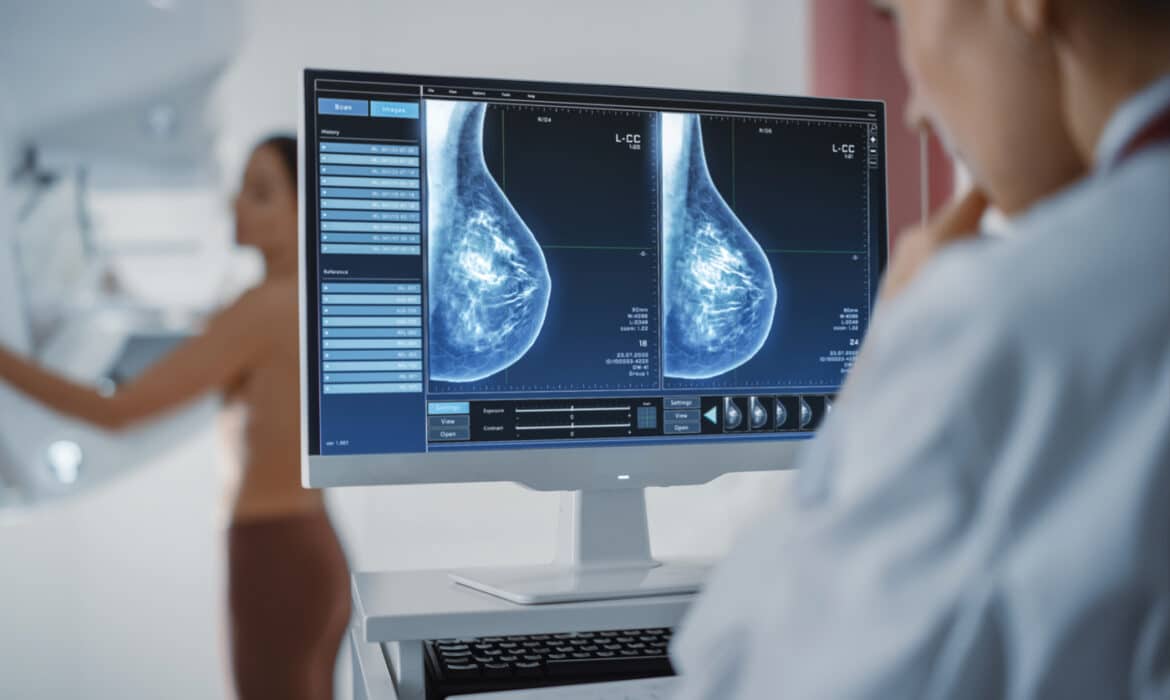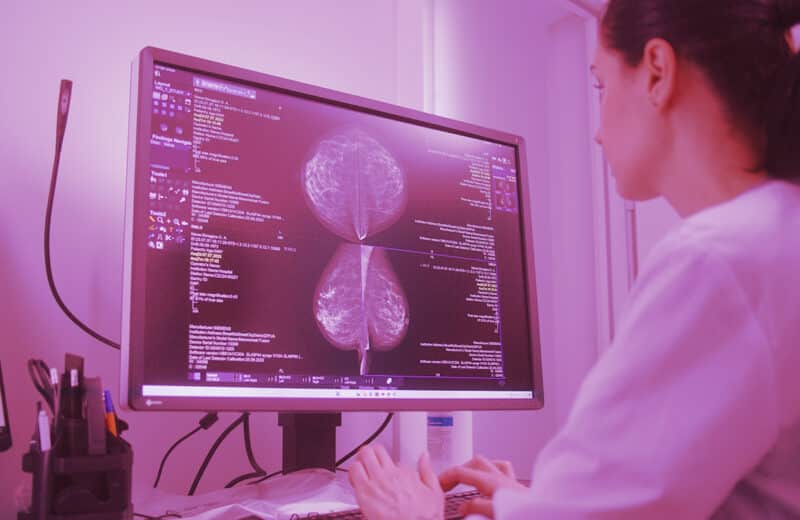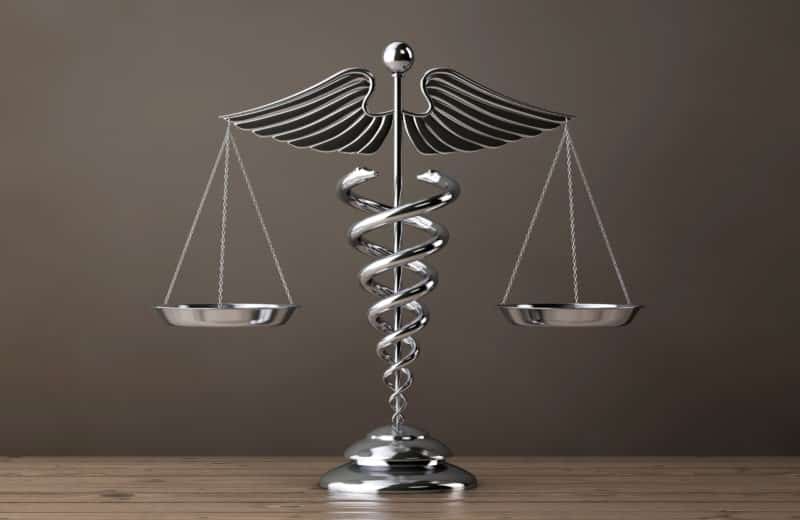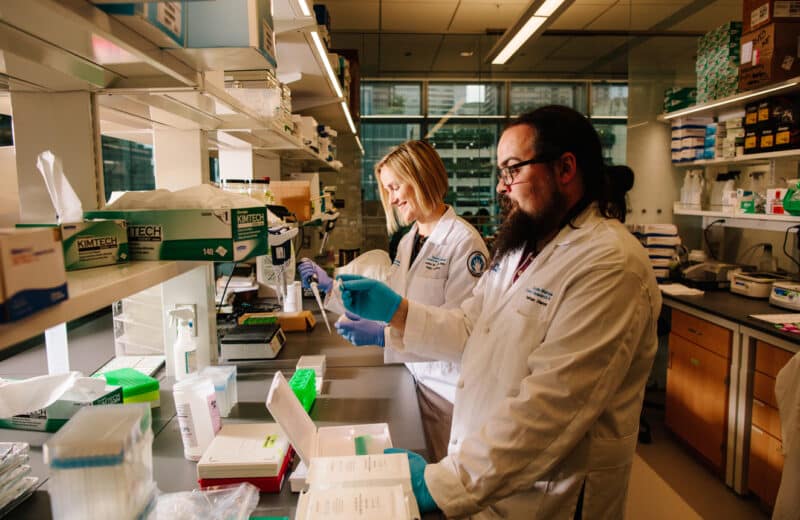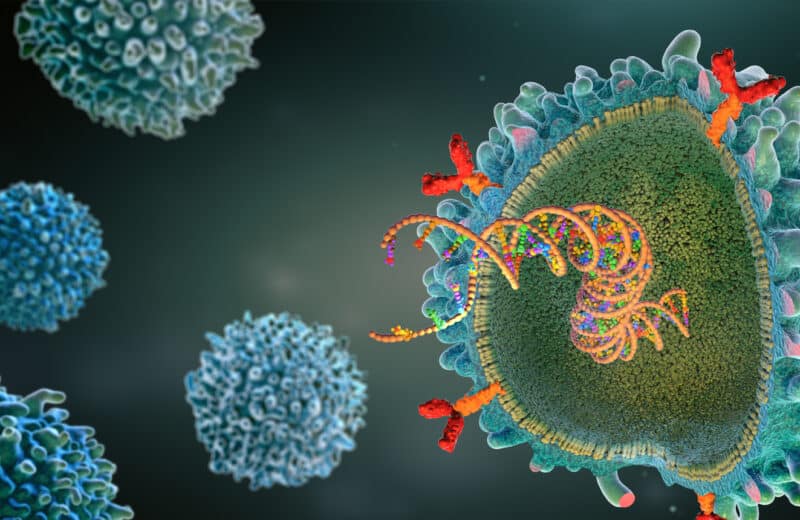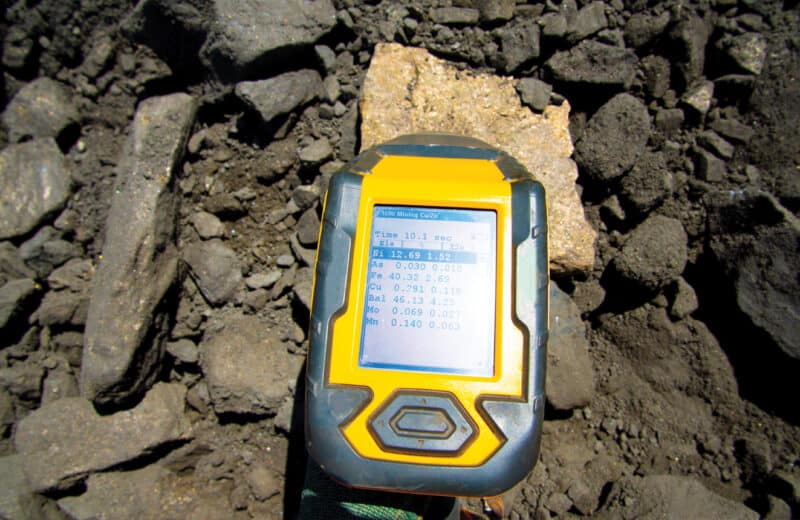A new regulation from the Food and Drug Administration will require all mammogram facilities in the U.S. to notify patients if they have dense breast tissue by September 2024.
Dense breast tissue is an important risk factor that many people don’t know about. A radiologist determines if a patient has dense breasts, which 40% of women over age 40 have. It’s associated with a higher risk of cancer possibly because dense breast tissue has more cells, which can potentially develop into cancer cells.
An additional risk: Mammograms cannot always distinguish between dense tissue and possible tumors (both appear white on the screen).
Breast cancer currently ranks as the second most common and second deadliest cancer in U.S. women. But it may soon be no. 1.
“Worldwide this is becoming the most common cancer in women and rapidly developing into the most common cancer-causing death in women throughout the world,” says Ajaz Khan, MD, medical oncologist and department chair of medical oncology at City of Hope Chicago, Atlanta, and Phoenix.
If you find out that you have dense breast tissue, confer with your doctor. You may need further screening, such as a breast MRI, 3D mammography, or a breast ultrasound. “Informed decision-making is paramount,” Khan says.

